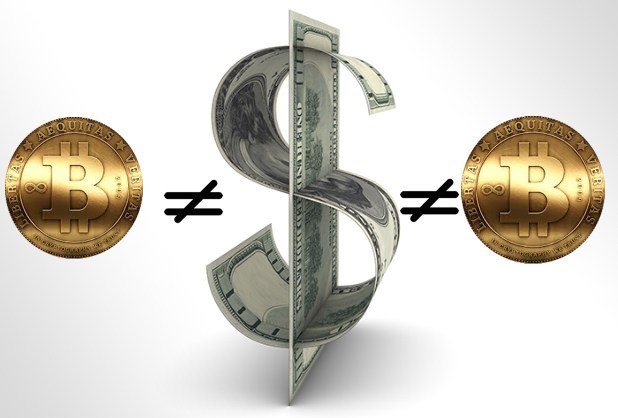"Bitcoin is not money," Miami judge dismisses money laundering charges

Michell Espinoza was charged with money laundering with virtual currency. Miami Dade Circuit Judge decreed that Bitcoin **"has a long way to go to be considered money."**
Bitcoin does not really qualify as money, so now a Miami Dade judge ruled in the case of charges against a man accused of Miami Beach illegal sale of virtual currency.
The decision came at a time when the currency is being observed by different financial circles because of its growing popularity in recent years.
The defendant, Michell Espinoza, was charged with the sale and laundering of $ 1,500 in bitcoins to undercover detectives that said they wanted to use the money to buy credit card numbers stolen illegally.
But Miami Dade Circuit Judge , Teresa Mary Pooler ruled that Bitcoin is not backed by any government or bank, can not be considered **"tangible wealth"** and "can not be hidden under a mattress as cash and gold bullion"
Pooler wrote in the decision:
The court is not an expert in economics, however, it is very clear, even for someone with limited knowledge of the subject, that Bitcoin has a long way to go before it is equivalent of money.
The judge also wrote that Florida law that says someone can be charged with money laundering if you engage in a financial transaction that will "promote" illegal activity is too vague to be applied to Bitcoin. In this regard she wrote:
This court is unwilling to punish a man for selling his property to another when their actions fall under a law that is written so vaguely that even legal professionals have difficulty finding a singular meaning.
Espinoza was arrested along with another man, Pascal Reid, who pleaded guilty to acting as a money broker without a license and was sentenced to probation. Under an unusual plea deal, he agreed to teach police about Bitcoin.
At a hearing in May, a defense expert, professor of economics at Barry University, Charles Evans, testified that Bitcoin was not really the money.
"Basically, they are poker chips that people are willing to buy from you," Evans, an expert from the virtual currency received $ 3,000 in bitcoins for their testimony of defense he said.
No government or central bank support Bitcoin. Government regulation of Bitcoin remains a messy mixture varies from state to state and country to country. The Internal Revenue Service United States believes that Bitcoin takes the place of barter.
I upvoted You